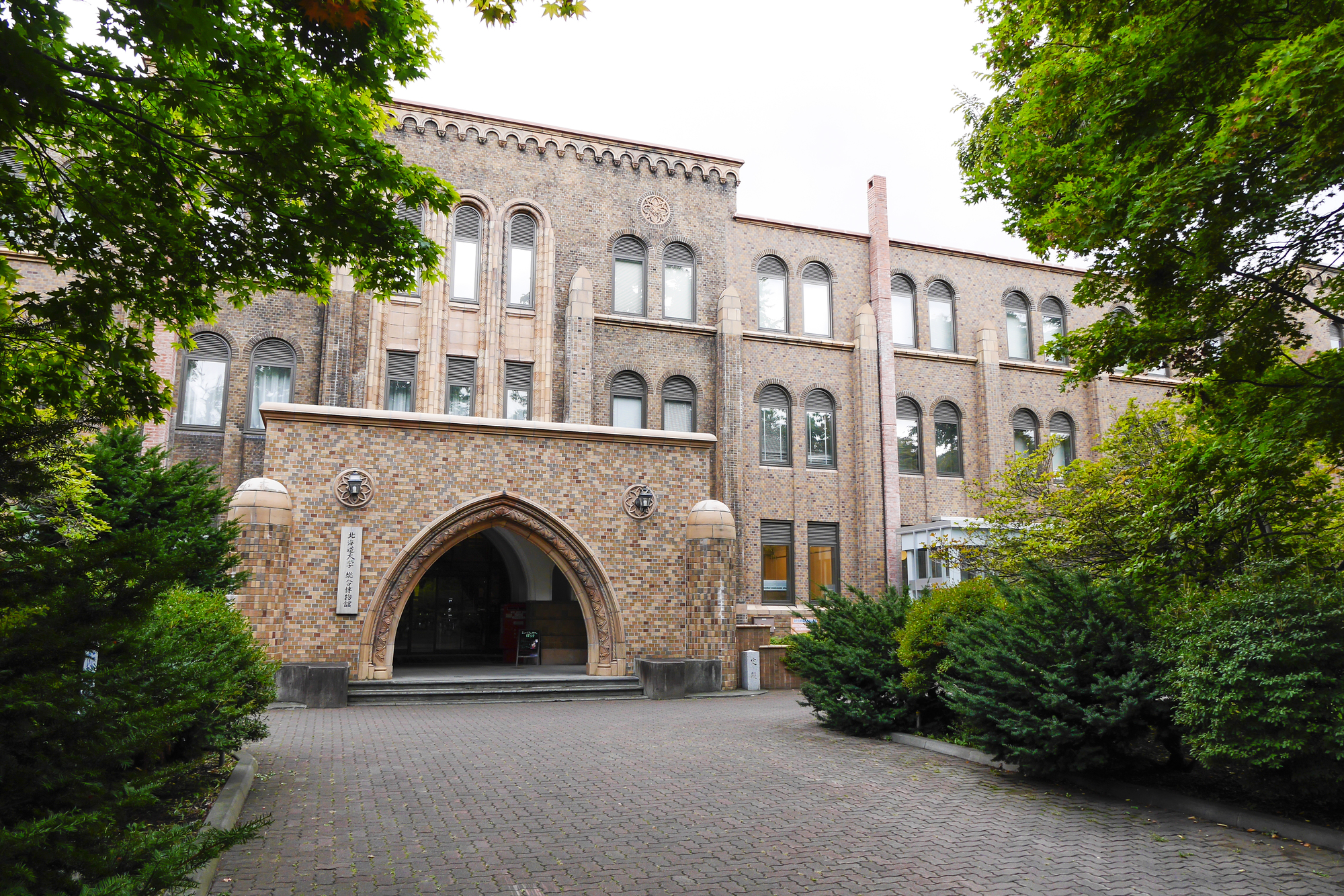A research group led by Associate Professor Yujiro Yamanaka of the Graduate School of Hokkaido University found that when people were allowed to live freely in a laboratory without time information, when they ate at a set time once a day, the sleep-wake rhythm became a meal schedule. However, it was discovered that circadian rhythms (rhythms such as core body temperature and hormones such as melatonin and cortisol) do not synchronize with the dietary schedule.
The biological clocks of many animals and plants such as humans have their own rhythm cycle, and are synchronized with the day-night change of the 24-hour cycle by the sunlight in the morning.However, when humans are subjected to experiments in which they live for a long time in a special constant environment (time isolation laboratory) that removes time information such as day and night changes, temperature, and noise in the outside world, sleep-wake rhythms and circadian rhythms show different cycles. (Internal desynchronization).This phenomenon is said to be driven by vibrating bodies with different rhythms.
The research group has previously reported that strict life and exercise schedules synchronize sleep-wake rhythms, but not circadian rhythms.However, the impact of a regular dietary schedule on the biological clock has been unknown for many years.
Therefore, this time, for young adult males, the illuminance was set to 200 lux or less, and the experiment was divided into a group that eats at a fixed time once a day and a group that decides the meal time by the subject himself, and lives in a time isolation laboratory for a certain period of time. Was done.As a result, it was found that the meal schedule is a zeitgeber of the 1-hour sleep-wake rhythm, but the effect on the circadian rhythm controlled by the biological clock center is weak (longer than 1 hours).
The results of this research are expected to contribute to the creation of behavioral guidelines to prevent sleep disorders and circadian rhythm disorders caused by disturbances in biological rhythms.

